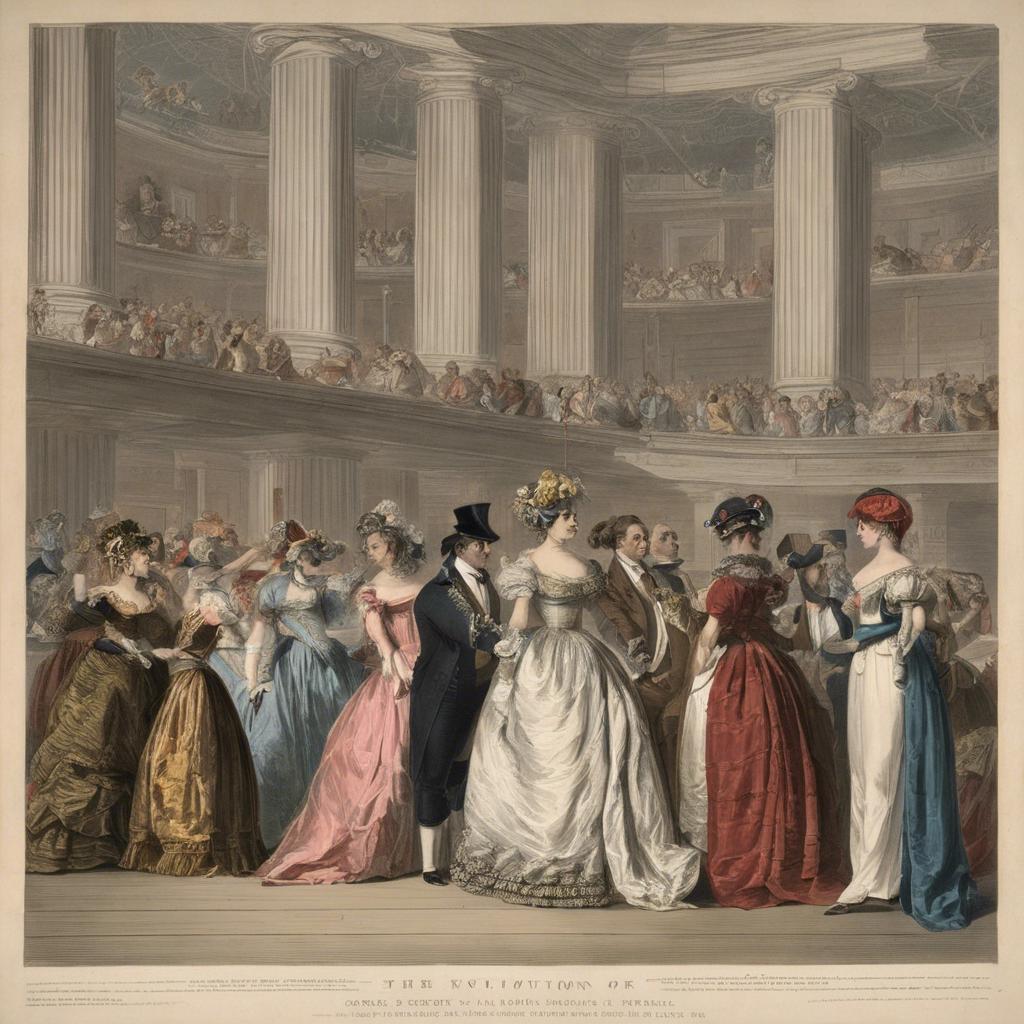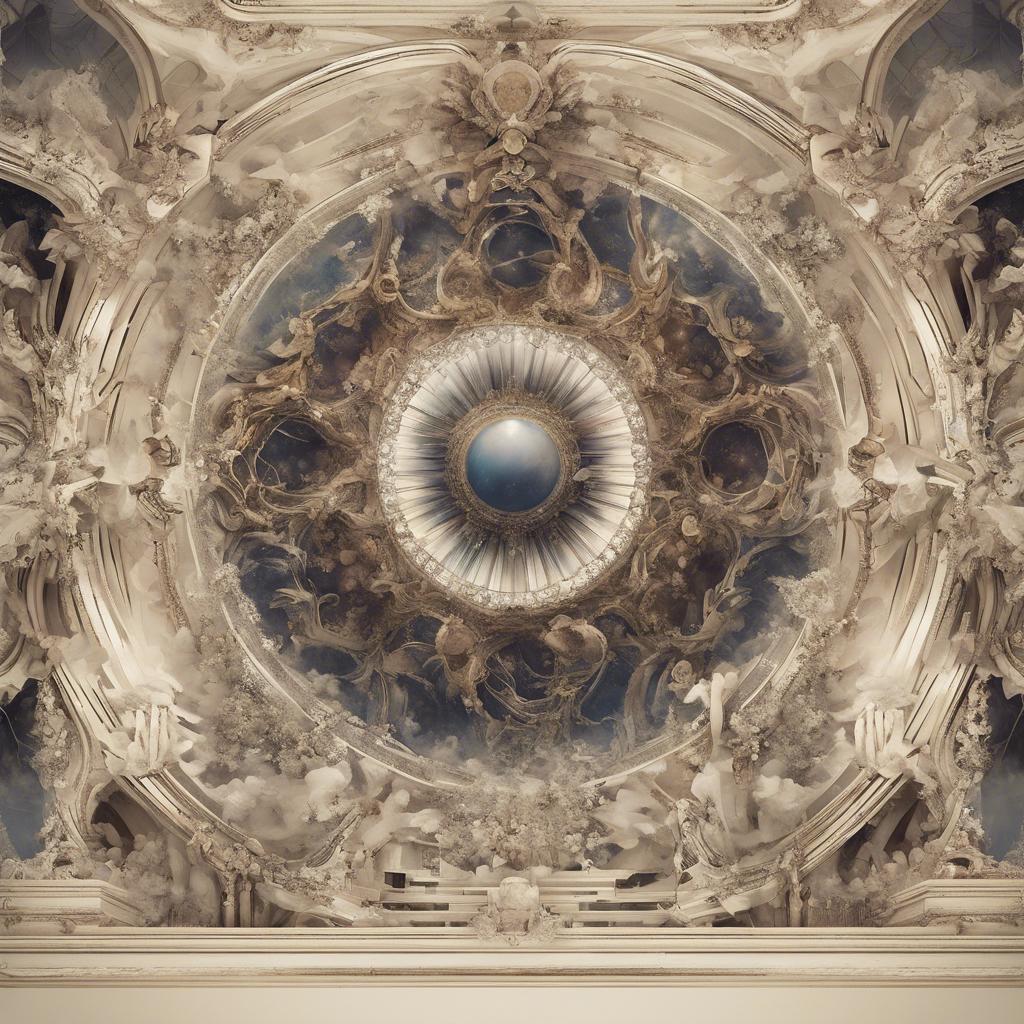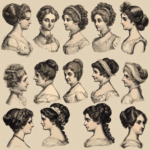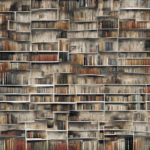During the Regency era of British history, spanning from 1811 to 1820, society in England experienced a remarkable cultural renaissance that shaped the arts for generations to come. In the realm of music, the operatic stage served as a focal point for the convergence of artistic innovation and societal critique. This article delves into the world of Regency era opera, exploring the key composers, performers, and themes that defined this extraordinary period in music history. Join us as we unravel the exquisite tapestry of music and drama that unfolded on the stages of Regency England.
Step Into the World of Cheryl Bolen
Dive into the enchanting stories of love, intrigue, and elegance set in the Regency Era. Cheryl Bolen's novels offer timeless romance and captivating tales that will leave you wanting more.
Explore Cheryl Bolen's Books Now
The Evolution of Opera during the Regency Era
Opera during the Regency Era saw a significant evolution in terms of style, themes, and performance. One of the key developments during this time was the rise of the bel canto style of singing, which emphasized beautiful, lyrical melodies and virtuosic vocal performances. Composers such as Gioachino Rossini and Gaetano Donizetti were at the forefront of this movement, creating operas that showcased the agility and expressiveness of the human voice.
Furthermore, the themes explored in Regency Era opera reflected the social and political context of the time. Many operas during this period focused on themes of love, passion, and betrayal, mirroring the tumultuous relationships and scandals of high society. The settings of these operas ranged from exotic locales to historical events, providing audiences with a sense of escapism and fantasy.
Performance practices also evolved during the Regency Era, with the introduction of elaborate sets, costumes, and staging techniques. Opera houses became increasingly grand and opulent, offering a luxurious and immersive experience for audiences. The use of lighting, special effects, and innovative stage machinery added a new level of spectacle to opera performances, captivating audiences and enhancing the overall theatrical experience.
A Closer Look at Popular Composers and Operas of the Time
Popular Composers:
- Wolfgang Amadeus Mozart
- Ludwig van Beethoven
- Gioachino Rossini
Popular Operas:
- The Marriage of Figaro by Mozart
- Fidelio by Beethoven
- The Barber of Seville by Rossini
| Composer | Opera |
|---|---|
| Mozart | The Marriage of Figaro |
| Beethoven | Fidelio |
| Rossini | The Barber of Seville |
Key Characteristics of Regency Era Opera Performances
Opera performances during the Regency Era were a lavish and extravagant affair, often attended by the aristocracy and high society. These performances were a significant social event, showcasing the talents of the most renowned opera singers and musicians of the time.
One of the was the elaborate costumes and set designs. Performers would be dressed in ornate period costumes, and the stage would be adorned with intricate backdrops and props to create a visually stunning spectacle for the audience.
The music of Regency Era opera performances was typically melodious and emotive, with a focus on showcasing the vocal prowess of the singers. Composers like Mozart and Rossini were popular during this time, and their operas were often performed to great acclaim.
Recommendations for Exploring Regency Era Opera Today
When it comes to exploring the world of Regency Era opera today, there are a few key recommendations to keep in mind. One of the best ways to immerse yourself in the music and culture of this time period is to attend live performances of operas from the era. Look for local opera companies or theaters that specialize in historical performances, or consider visiting a city known for its opera scene.
For those who prefer to explore Regency Era opera from the comfort of their own home, there are plenty of recordings available to stream or purchase online. Look for recordings of classic operas from the era, such as Mozart’s ”The Marriage of Figaro” or Rossini’s “The Barber of Seville.” These recordings can provide a rich and immersive listening experience that transports you back in time.
Another great way to delve into Regency Era opera is to read up on the history and background of the art form. Consider picking up a book on the subject or exploring online resources to learn more about the composers, singers, and performances that shaped opera during this period. By gaining a deeper understanding of the context in which these operas were created, you can enhance your appreciation for the music and storytelling of the Regency Era.
Insights and Conclusions
the regency era marked a significant period in the evolution of opera, with composers such as Rossini and Bellini leading the way in revolutionizing the genre. The works produced during this time reflected the cultural and social dynamics of the era, with themes of love, passion, and political intrigue dominating the opera stage.
Despite facing challenges such as censorship and financial constraints, regency era opera managed to captivate audiences with its exquisite music, elaborate costumes, and impressive performances. As we look back on this era, we are reminded of the enduring power of opera to transport us to different worlds and evoke a myriad of emotions.
It is clear that the legacy of regency era opera continues to influence and inspire artists to this day, underscoring its lasting impact on the world of music and theater. As we continue to study and appreciate the works of this era, we honor the creative genius and cultural significance of regency era opera.


